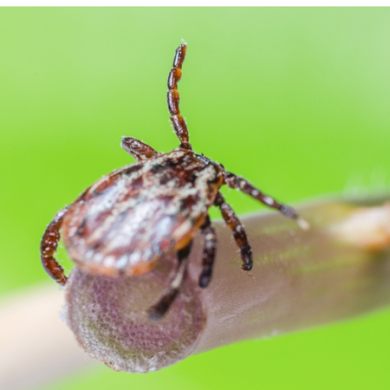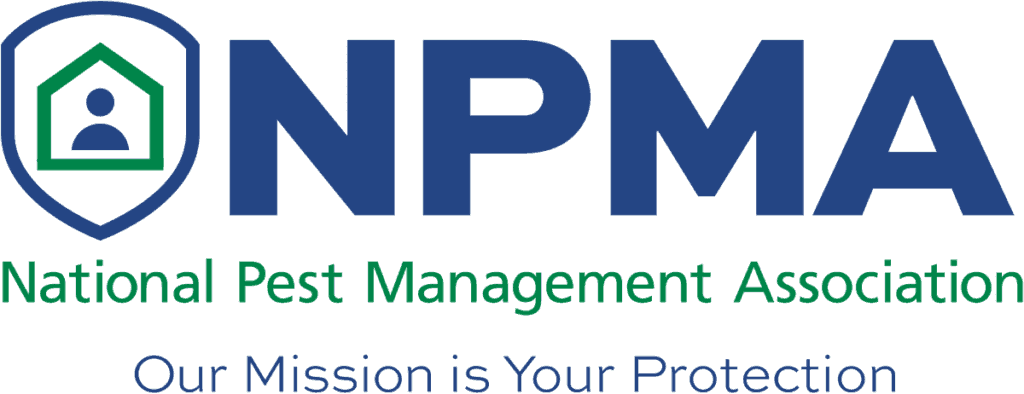CIGARETTE BEETLES
A tick is a small arthropod that has two pairs of legs and is part of the family called Ixodicidae. They are related to spiders and scorpions. TICKS are ectoparasites, which means they don’t actually live on or in their host, but rather feed off of the blood of other animals.
Ticks vary greatly in size. The species Ixodes scapularis is about 1/8 inch long and has reddish-brown legs and a dark body with white markings. The tick Ixodes holocyclus is only about 1/25 inch long, has a light-brown body with black legs and no markings on its back or belly.
Ticks are more active at night, climbing up grasses to wait for suitable hosts. Ticks are also known for their three-host lifecycle. A tick will usually feed for about five days. It uses the host’s blood to grow, mate and lay eggs. The salivary glands of ticks are used to prevent blood from clotting, allowing them to feed for longer periods of time.
Ticks
Ticks Habitat
Ticks live in the soil and on the ground. These parasites will attach to any warm-blooded animal they can find, though most ticks prefer deer, dogs, and other mammals. Blacklegged ticks (Ixodes scapularis), which transmit Lyme disease and possibly babesiosis in humans in the eastern U.S., live in forested areas. The adult ticks climb up vegetation and cling to leaves with their eight legs while they wait for a host to brush against them.
Prevention of Tics
TICKS can be prevented by avoiding known tick habitats, keeping grass trimmed low, and wearing long pants. Tick repellents containing DEET can help keep ticks off of people. Pets should also be checked often for ticks.
TICKS are not known to carry any human diseases in Charlotte, but it is still important to remove them as soon as possible. Ticks have been found carrying Lyme disease and Rocky Mountain Spotted Fever in other parts of the country, so take precautions when removing a tick to keep yourself safe.
Ticks Behavior
Ticks attach to the skin of an animal or human. They crawl up grasses and other foliage, waiting for a host to brush past them so they can latch onto their skin. TICKS will usually not begin to feed immediately; they will wait until you are well away from where you were bitten before they start eating your blood. TICKS prefer areas like the scalp and underarms, but they will attach to anywhere on the body if that is where you were when they first bit you.


Contact Us
If you find any Ticks in your Charlotte County home, contact Bug Off Pest Charlotte immediately. We can help rid you of these garden pests and get your lawn or yard back to normal! As always, we are happy to answer any questions you may have about Ticks or any other pest. Call us today 941-676-2005






